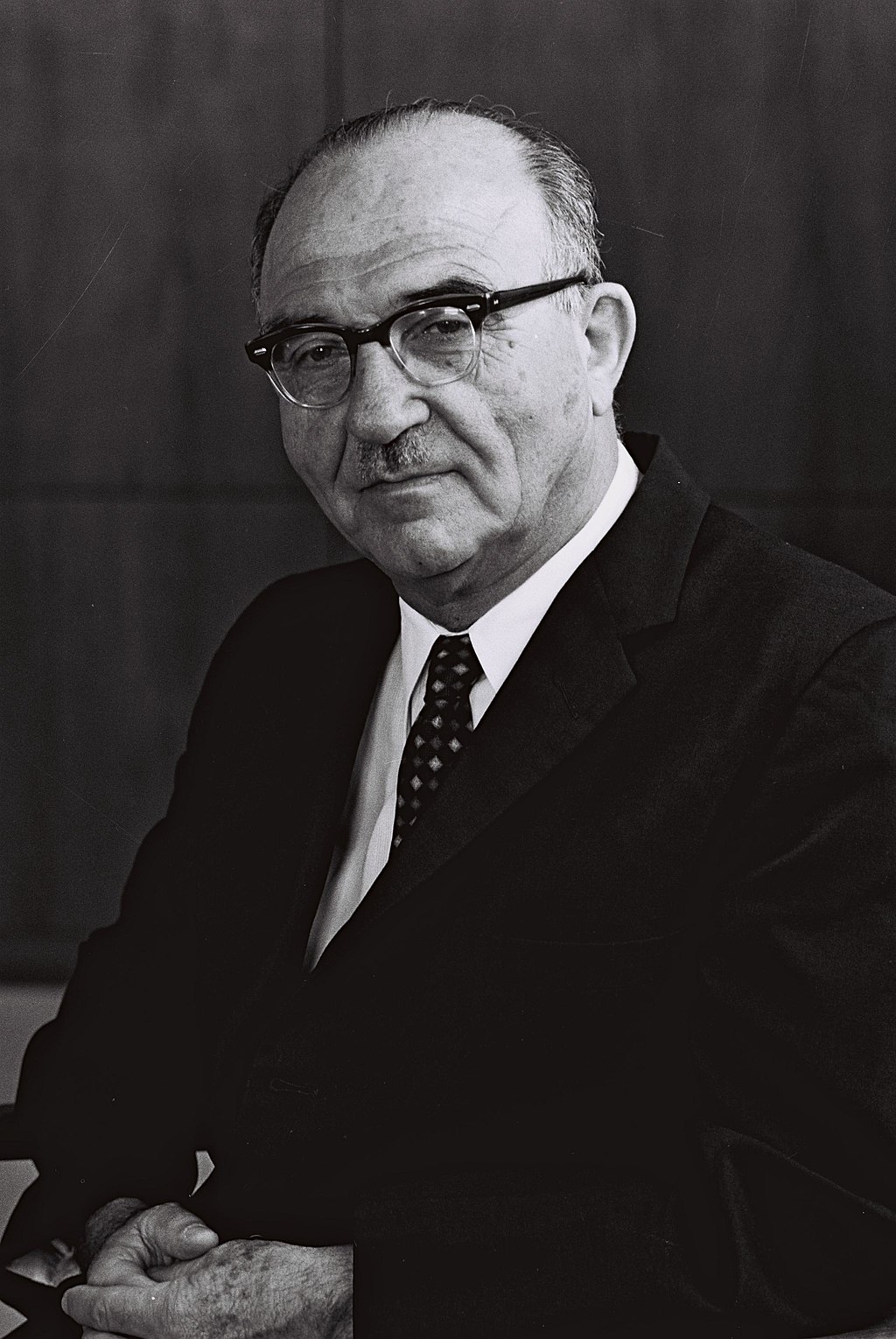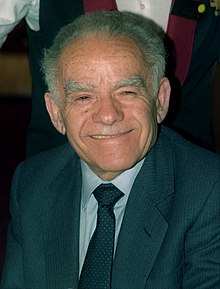Introduction
Ariel Sharon was an influential Israeli military leader and politician, known for his role in shaping Israel’s military strategy and his controversial political decisions. Born on February 26, 1928, in Kfar Malal, Sharon’s career spanned from his early days as a soldier in the IDF to becoming Israel’s 11th Prime Minister. He was a polarizing figure, celebrated for his military prowess and criticized for his political moves, including the withdrawal from Gaza in 2005.
Early Life and Military Career
Sharon was born in Kfar Malal, a moshav in what was then British-controlled Palestine. He joined the Haganah at a young age and quickly distinguished himself as a bold and effective leader. During the 1948 War of Independence, Sharon commanded an infantry company and earned a reputation for his tenacity and battlefield success.
Throughout the 1950s and 1960s, Sharon continued to rise through the ranks of the Israel Defense Forces (IDF). He played a key role in establishing Unit 101, an elite commando force responsible for retaliatory raids against Arab militants. Sharon’s leadership during the 1967 Six-Day War and the 1973 Yom Kippur War further cemented his status as one of Israel’s most capable military strategists.
Political Career and Controversies
After retiring from the military, Sharon transitioned into politics, joining the Likud party. He served in various ministerial roles, including Minister of Defense, during which he orchestrated the 1982 invasion of Lebanon. The Lebanon War, particularly the Sabra and Shatila massacre carried out by allied Lebanese forces, brought significant international criticism and controversy, leading to Sharon’s resignation as Defense Minister.
Despite these setbacks, Sharon remained a prominent figure in Israeli politics, known for his hardline stance on security issues and his advocacy for Israeli settlements in the West Bank and Gaza Strip. In 2001, Sharon was elected Prime Minister, a position that allowed him to steer Israel through a turbulent period marked by the Second Intifada.
The Gaza Disengagement
Perhaps the most controversial decision of Sharon’s political career was his 2005 plan to unilaterally withdraw from the Gaza Strip. This move, known as the Gaza Disengagement, involved the evacuation of all Israeli settlers and military forces from Gaza. The decision shocked many of Sharon’s supporters, who viewed it as a betrayal of his previous commitment to expanding Israeli settlements. However, Sharon argued that the withdrawal was necessary for Israel’s long-term security and to ensure a Jewish demographic majority within its borders.
The Gaza Disengagement remains a highly debated topic, with opinions divided on its effectiveness and consequences. Sharon’s decision marked a significant shift in Israeli policy and demonstrated his willingness to take bold, unilateral actions in pursuit of what he believed to be in Israel’s best interest.
Legacy and Impact
In early 2006, Ariel Sharon suffered a massive stroke that left him in a coma, effectively ending his political career. He remained in a vegetative state until his death in 2014. Sharon’s legacy is complex, reflecting both his contributions to Israel’s security and the controversies surrounding his military and political decisions.
He is remembered as a warrior who was willing to make tough, often unpopular decisions. The Ariel Sharon Park, built on a former landfill near Tel Aviv, serves as a testament to his commitment to environmental projects and symbolizes his enduring impact on the Israeli landscape.



